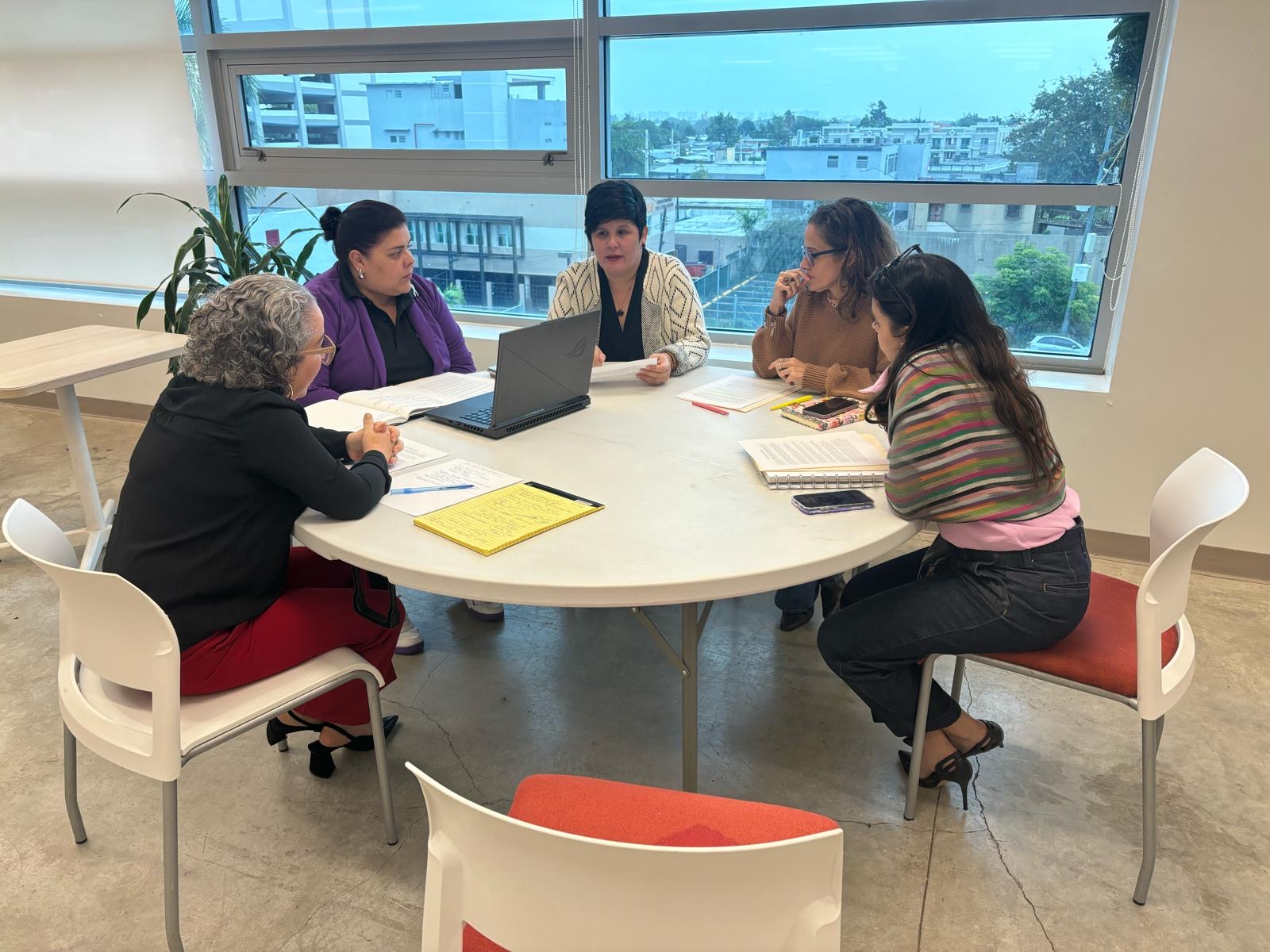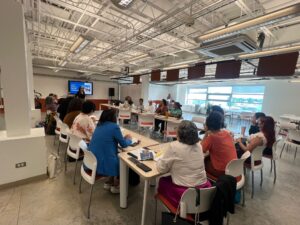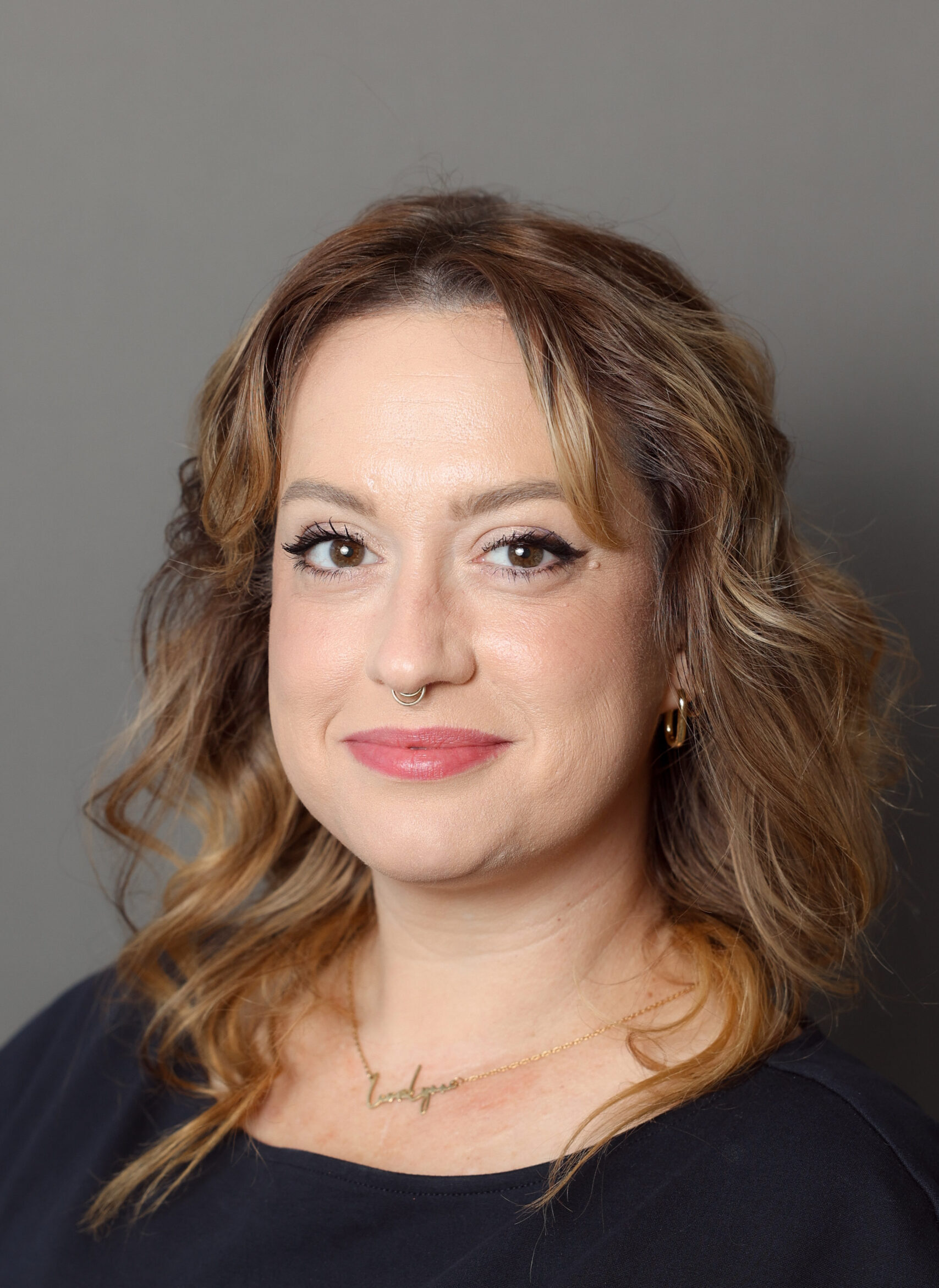National Hurricane Preparedness Week: When every donor is a disaster preparedness donor

Every year, the National Oceanic and Atmospheric Administration recognizes the first week of May as National Hurricane Preparedness Week. This week traditionally marks a time for coastal communities to prepare homes, businesses, schools and “go” bags ahead of hurricane season, which begins on May 15 for the Pacific and June 1 for the Atlantic. However, as we saw during 2024’s Atlantic hurricane season, coastal communities are not the only ones impacted by the severe weather a hurricane can cause.
Much of Central Appalachia will spend the next several years recovering from the impact of Helene, a Category 4 hurricane that struck Florida’s coast and gradually weakened as it moved across several states, dumping 40 trillion gallons of rain along its 500-mile path.
This year, Colorado State University hurricane researchers are again predicting an above-average Atlantic hurricane season, with up to 17 named storms, nine of which are expected to reach hurricane strength. Of those nine, the research team anticipates four becoming major hurricanes with sustained wind speeds of at least 111 miles per hour.
At Center for Disaster Philanthropy, we like to say two things, and each relates to the other:
“A disaster is a hazard meeting a vulnerability.”
We know that a hazard like a hurricane isn’t always a disaster. “Fish storms” that never make landfall do not cause disasters. Disasters occur when a building, a road, a community or a person cannot withstand the impact of the hazard without damage or injury or, in the worst cases, destruction or death. They were vulnerable to the hazard, perhaps for systemic reasons like wealth disparities or environmental racism, or perhaps simply because of the circumstances of their geography and topography.
“Every donor is a disaster donor.”
We say this often because the power of philanthropy—corporate foundations, private foundations, community foundations and individual donors—lies in its ability to shore up vulnerabilities. Where there is investment in health care, environmental conservation, education, economic development, and addressing historical disinvestment or disenfranchisement within communities, there is an assurance that the people are that much less vulnerable to the impacts of a disaster and will be able to recover more quickly and easily.
Investing in preparedness
Being well-prepared costs money. But, we know that targeted investments in preparedness for all types of disasters yield significant gains for communities. A 2024 study by Allstate and the U.S. Chamber of Commerce found that every dollar spent on resilience and preparedness “saved $13 in economic impact and damage costs after a disaster.” These findings prompted the Allstate Foundation to partner with CDP to launch the Disaster Preparedness Fund.
Investing in preparedness can be challenging because individuals and organizations can be reluctant to spend money on something they don’t know they will need. It can feel unwise to donate to preparedness programming when there are so many new disasters and ongoing recoveries that need attention and resourcing. One way CDP has funded preparedness, mitigation, and resilience-building measures is by working with grantee partners who are designing or enacting recovery programs and building future-thinking activities into those recovery grants.

For example, in Puerto Rico, many of our grantee partners who received grants for 2022’s Hurricane Fiona recovery used some of the funds to become neighborhood resilience hubs by creating continuance of operation plans, installing solar panels on their facilities, planting community gardens, and stocking non-perishable foods and supplies, including medical supplies. Our investment had an impact: These organizations reported that they functioned smoothly as safe places for community members to stay and to obtain food, water and emergency supplies after 2024’s Hurricane Ernesto caused widespread, weeklong utilities blackouts.
Across the Gulf South, CDP grantee partners working in housing recovery from Houston to the Florida Keys have incorporated resilient rebuilding methods into the activities for their grants in response to multiple hurricanes over the past several years. These activities were meant to ensure their clients’ rebuilt homes are prepared to face future disasters. In 2024, the preparedness and resilience efforts were tested—and passed—in Houston, Louisiana and Florida.
We are also strong proponents of prepositioning resources, both dollars and supplies. Our grantee partner Good360’s disaster warehouse program allows them to mobilize quickly to support communities facing hurricane impacts.
Similarly, when we have prepositioned grantmaking dollars in our Atlantic Hurricane Season Recovery Fund, we can begin strategizing around forecasted recovery needs sooner after a hurricane strikes. We can then make grants more quickly to ensure early recovery resources address needs equitably, with careful attention to communities already struggling against historical disinvestment. CDP would be happy to partner with you to preposition your dollars via the Atlantic Hurricane Season Recovery Fund to help address the most significant recovery needs that emerge during the 2025 season.
Join us
We know that hurricanes will keep coming. As disaster funders, we are committed to joining our colleagues in government, philanthropy and voluntary organizations in championing preparedness, mitigation and resilience-building before disasters strike. As our CEO Patty McIlreavy says, “You’re the best kind of disaster funder if you stop a disaster from happening!”
To learn more about how every donor is a disaster donor, watch this interview with Patty hosted by GivingCompass: ‘Every donor is a disaster donor with Patricia McIlreavy.’
To hear more about CDP’s Atlantic Hurricane Season Recovery Fund and Preparedness Fund grantmaking, please contact the program officers at info@disasterphilanthropy.org.
